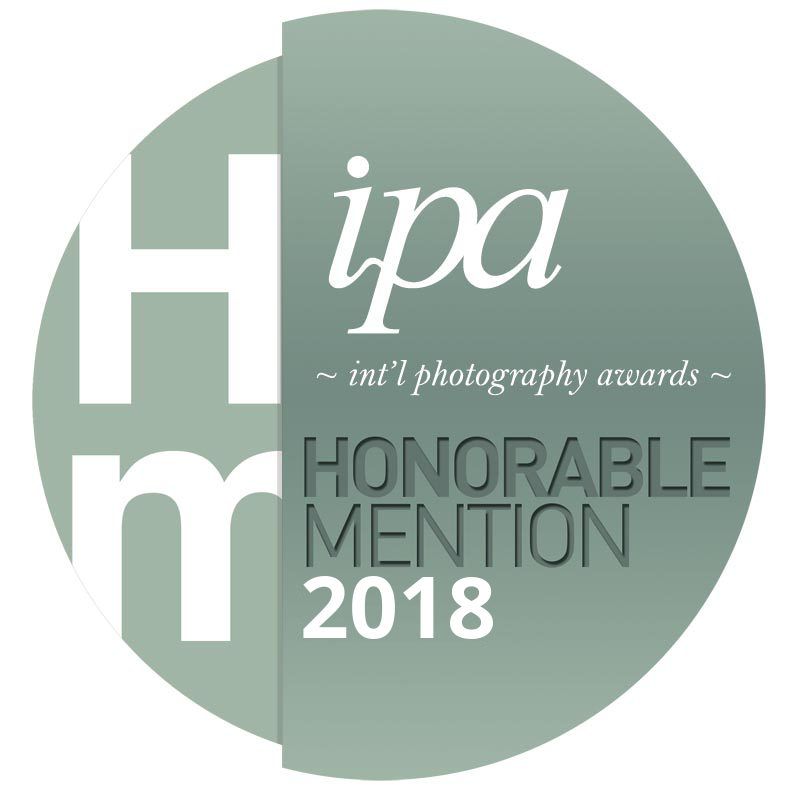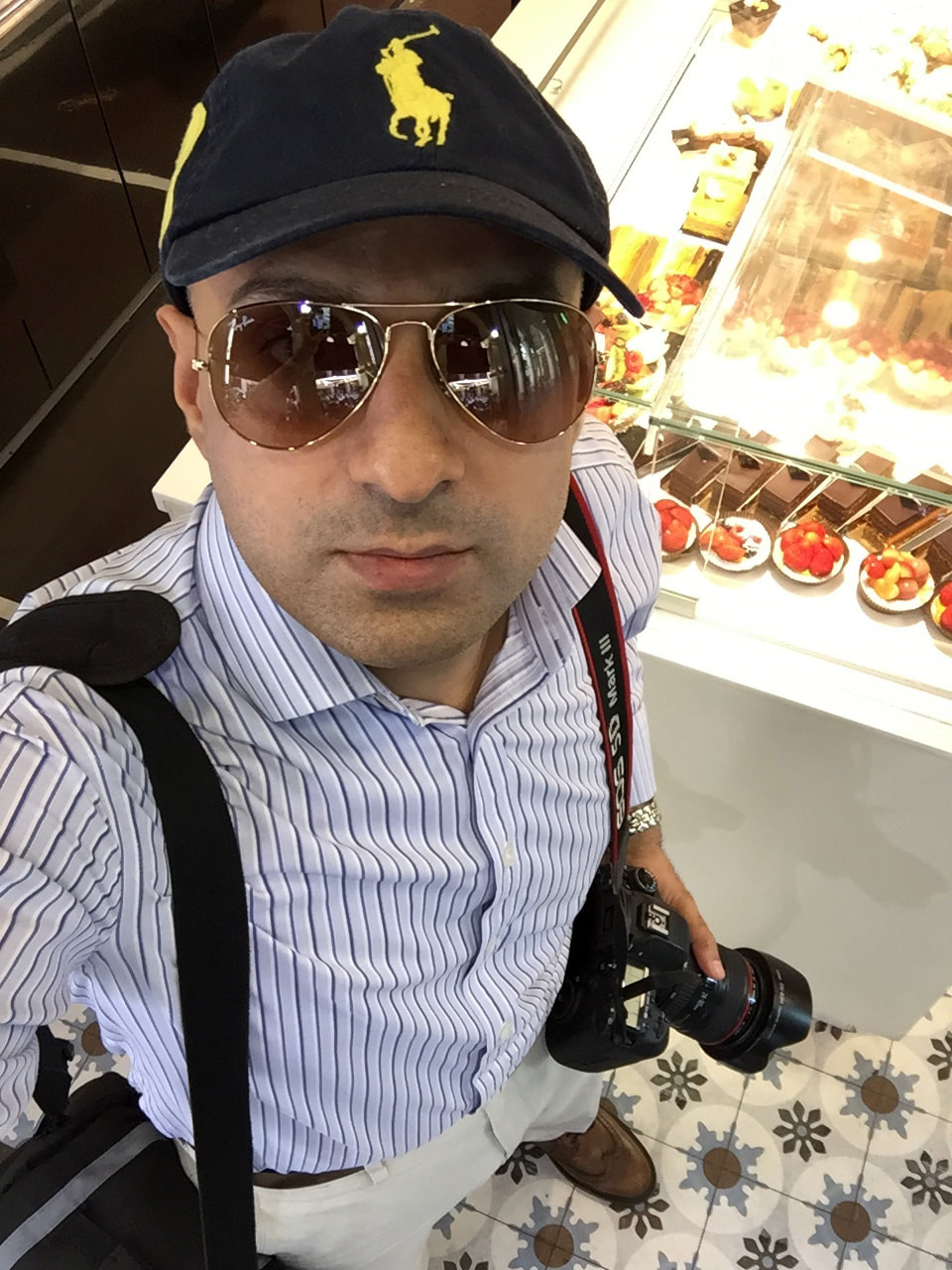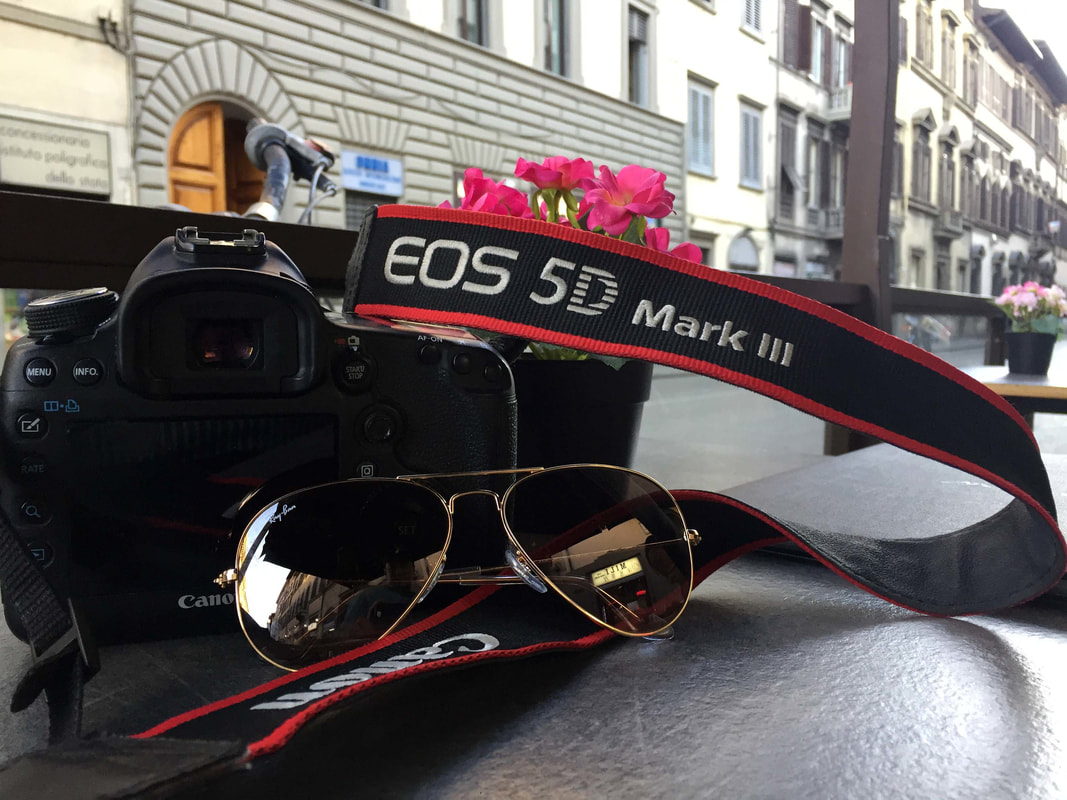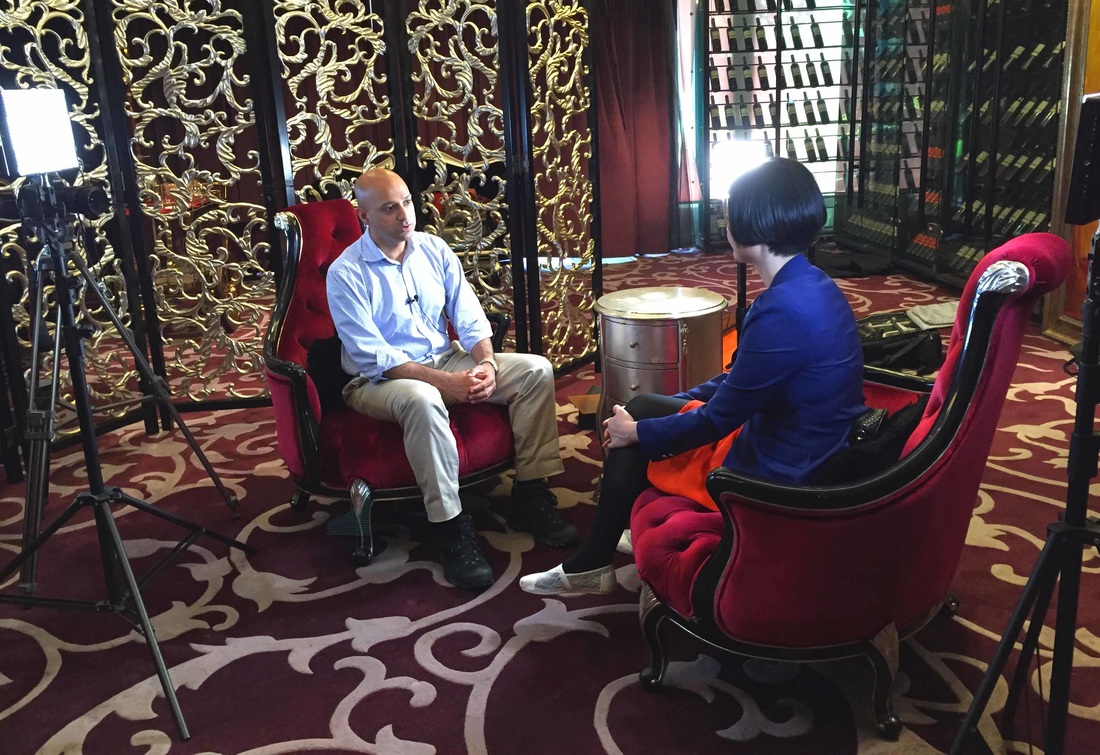|
I am sure that those of you who have been to Hong Kong will agree that if you are here for a vacation, then it’s a great city to be in. One cannot resist but to make the most of themselves in the hustle & bustle of Hong Kong. You can wander around the crowded food markets, indulge in treating yourself to delicious Cantonese food, and burn those calories by walking up and down the endless and hectic streets of Central and Kowloon. It’s a massive playground for everyone. There is so much to see and absorb. I love Hong Kong for its tourist purposes.
If you were a tourist then the local Cantonese people would love you because, of course, you are bringing in money to their economy by any means of tourism. Indeed, it can be expensive (the city’s infrastructure eats your money faster than you can slam down a Starbucks coffee). Enjoy shopping in one of the many malls in Central, Kowloon, or the ICC building, go to the flower markets in Mongkok, and while away the evenings by having a drink at the Ozone bar at The Ritz-Carlton Hotel, and admire the beauty of this fast paced city. However, lets the peel the skin a bit and see if that feeling would be same if you were actually living and working here. The answer is bluntly, no. Why? Because living and working in Hong Kong is a bit like being in a pressure cooker. It’s ridiculously over-crowded for such a tiny city, prices for housing and transportation are over the roof (perhaps the most expensive in the whole world), and the language & culture can present HUGE barriers if you are looking for a job here as an expat (from my experience, Cantonese people generally favour recruiting their own people when it comes to white-collar corporate jobs). Plus, when you are working and living here all you end up doing in your spare time is hiking or sunbathing on the remote islands because there is not much else to do after you have seen everything (and you won’t have time to because you are busy working). There is a great potential for networking opportunities here, though the overcrowded atmosphere can present issues on that part too. Don’t get me wrong, it’s not all that bad here. Hong Kong does have a lot of things to do and see all throughout the year, and plenty of festivals to immerse yourself in. There are foreign people with good white-collar jobs in Hong Kong. However, the average foreigner in Hong Kong with a good job tends to be invited by their company from their own country rather than being recruited locally (you can be employed locally too, but the salary would be localised too). It doesn't need a major survey to be done, or someone to ask Einstein for this fact to be proved. It’s plain & simple, and obvious to the eye. The majority of the expats are white, and male (sorry to be stereotypical, but it's true, especially in the banking and legal industry). Among some of the expats there is that stiff upper lip mentality too where all they know is their local expat pubs and expat ghettos, and they seldom mingle with the local folks. My guess is that this is perhaps a legacy from the colonial British days, and some people have not got over the fact that Hong Kong is not British anymore (it's true, just go and see for yourself in places like Lan Kwai Fong). Some of the professions held by expats in Hong Kong include Bankers, Airline Pilots, professional Teachers, Lawyers, Journalists, or working in the hospitality industry. One of the key areas in which the city has had a negative image in recent years is that Hong Kong still lags years behind the rest of the world when it comes to preventing its citizens from racial discrimination. Hong Kong may be branded as ‘Asia’s World City’ to push it’s image of a multi-cultural centre for Asia. However, in my personal opinion that title should actually go to Singapore because Singapore is a country that promotes active racial harmony among it’s people. If you are in Singapore, you will come across white-collar workers from all backgrounds under the sun, however that’s not the case in Hong Kong. Some people have commented that it’s perhaps because in Hong Kong it’s important to be fluent in Cantonese at the workplace. During the early colonial period when racial segregation was de rigeur, white Europeans, especially the British, enjoyed a prestigious social status while the native Chinese served as their subordinates. It's been 40 years since Hong Kong signed one of the first United Nations human rights treaties: the International Convention on the Elimination of All Forms of Racial Discrimination. Though in July 2009 Hong Kong did bring into effect an anti-racial law, the Racial Discrimination Ordinance. It's not sure if this law has had any positive effect. From my own personal experience, I can disclose that in Hong Kong it is very difficult to get hired for a job if your name is not English sounding or Cantonese. The question here is, how much longer will it take to make Hong Kong live up to its anti-racism slogan of an "inclusive society in harmony"? Even their national airline, Cathay Pacific Airways, claims the following statement 'Cathay Pacific is an equal opportunities employer and has a policy of full compliance with all anti-discrimination legislation'. The question posed again would be, how can an international airline claim to be an equal opportunities employer when hardly any of it's pilots or engineers, or cabin crew are black or from South Asia? During the Colonial years, Cathay Pacific Airways was known to have an open canteen culture of racism. Quite a lot of people in the public limelight have mentioned that they only gave preference to Chinese or white people. However, most recently the airline came into a case of racial discrimination. In 2011, a British man claimed he was refused work by the airline because he was a Muslim (Daily Mail Article is here). Some may even say that Hong Kong is a city that is still littered with bigotry (see these articles here , here, and here). If you want further proof, you only have to look at their employees- ALL the senior management and those who make decisions are either white or Chinese (they give first preference to Cantonese people rather than mainland Chinese people). Further evidence of how racist Hong Kong culture can be seen with the open racism displayed by journalists such as George Chen, who openly uses derogatory terms in his articles. He may be a Yale fellow, but the chap openly discriminates against non-Chinese and non-white people. Would he recruit an Indian journalist to do a job for him (irrespective of nationality)? I highly doubt it. If you happen to be here as a tourist on a Sunday then you’ll be wondering why are there so many Filipino, Thai, and Vietnamese ladies sitting on every possible pavement, park, and even by the roadside? These young (mostly are young) ladies are housemaids, and Sunday is their official day off given by the government, and that’s why they linger and rest all day on the pavements. It clearly looks a bit odd to see so many people sitting on the pavements, and under flyovers, but that’s all the Hong Kong government provides them with. Indeed, most of the labour jobs in Hong Kong are carried out by people from South-East Asia or South Asia. Without being too negatively stereotypical, I would like to point that in contrast, the majority of the white collar jobs are carried out by people who are male, and white (or Cantonese). Some people claim that they cannot get good jobs because of the colour of their skin, while others argue, as pointed out above, that it is because they cannot speak Cantonese. So if language is the question, then you just wonder why those expat Bankers, Lawyers, etc. got jobs when most of them cannot communicate in Cantonese. In China people often ask me whether I am white or yellow (somehow they cannot tell), and I get called all sorts of things under the sun (Mexican, Malaysian, Arabic, Italian, Spanish...you name it)...everything except being called British! Many Chinese people (Cantonese and others) remain unaware that certain forms of behaviours, gestures, and language are unacceptable in multicultural societies elsewhere. I totally sympathize with these people. In the past in Hong Kong one of the biggest-selling toothpaste brands was called Darkie, its trademark being a caricature of an Al Jolson-type smiling black man with gleaming white teeth. In time, protests from certain human right's groups eventually led to the name being changed to Darlie. Before I came to Hong Kong and mainland China, I would not have associated the term racism with this part of the world because, of course, I knew what it was from my childhood in the 1980s and 1990s London. I knew that Chinese people have suffered racism themselves in the UK in times in memorial, so I was not expecting some Chinese people to be racist towards others. Of course, I am not saying everyone is racist (institutionally or otherwise- you don't have to be a member of any far right party in order to project racist views in form or another).. I have never been exposed to any aggressive kind of racism, and I have not let this issue to have a bearing in my life. I never let it hinder onto my work or my career focus ever. I had friends from different cultures, and treated everyone the same. Hong Kong is indeed a place of many faiths. There is the Sikh Gurdwara (Khalsa Diwan), Hindu Mandir, Muslim Mosque, Christian Churches, Jewish Synagogue, and even Buddhist temples. The funny thing is that most Cantonese people are not even aware of the existence in Hong Kong of these places of worships. I recall once mentioning to a highly educated Hong Kong-born friend of mine that I am going to the Sikh Temple for Sunday Service, and his response was: ‘Sikh temple? Are you not talking about the Church in Kowloon?’. What could possibly be the root cause for this? Why don’t the local people understand different cultures, yet they proudly live in a city that is known as ‘Asia’s World City’? I was highly surprised as Hong Kong’s education system is also one of the best in the world. Now, I am not sure if the infamous Chungking Mansion in Hong Kong’s Nathan road might be the root cause of this whole racial problem (or if race was the problem that led to the Chungking Mansions). The latter area is a prime example because it is full of South Asian touts selling all kinds of things from fake Rolex watches to homemade Armani suits. They have been there for years going back to times in memorial since the British colonial days, and most probably, they will be there forever. One wonders how they initially ended up there in the first place? I must say that their presence does give a bad impression for the whole community, and it could be that they are the ones who let the rest of the decent Asians down badly. Read ‘Ghetto at the Center of the World: Chungking Mansions, Hong Kong’ by Gordon Mathews to get an idea. It’s very common to be approached by a Hong Kong tout and be asked: ‘’Hello Sir, would you like a Rolex watch, Indian food, Indian/Chinese/Thai/Russian massage girl, a new tailor made suit?’. Could it be that perhaps because of these touts that some Cantonese people refrain to sit next to a South Asian person on the MTR, even if that seat is the only free seat in the whole carriage? (I have seen this with my own eyes many times- but I was not the victim!). Therefore, my personal conclusion is that Hong Kong is ‘Asia’s World City’ when it comes to welcoming tourists, but not when it comes to living and working in. In direct contrast to Hong Kong is Singapore, which is a truly multicultural country, and does provide a fair way for everyone irrespective of colour, cast, race etc. I wish I could say better words for the latter part, but if I did not feel this way, then I would not have written it like this. You have good people and bad people everywhere in the world and in every nation. However, it’s the sad collective thought of the people that can let the whole country down. It only takes one chance to make a lasting impression. A version of this article was published on Huffington Post..here. Comments are closed.
|
Get in Touch:LIFE MATTERSHere I share my thoughts
and experiences during my travels, and how some things have affected my life as an expat and world traveller. Travelling is about capturing that moment in life. Every word, view and opinion on this page is that of Navjot Singh - except where indicated. The most recent is at the top. Scroll down to read the archive. Or search using CTRL+F (COMMAND + F) and enter a keyword to search the page. Just some of the stories you never heard before. The NAVJOT-SINGH.COM web blog is separate to this web site....Click blog, which may not be visible in some countries due to local firewall restrictions, so in those cases this weblog may be read. The weblog also includes some of my press trip reports- most of which are not published on the official blog because of copyright issues. The weblog also contains articles that may be associated directly with a PR trip for a country, airline or a hotel. These are PR reviews done in relations with various companies. If you are an investor or a trend watcher then you may find this website useful as investing has a lot to do with personal observations and finding the ideal trend or next big thing. The average human on the street frequently knows far more about the state of the economy than politicians, university professors, subject matter experts, and financial analysts who seldom travel, or if they do so, only from one hotel to another hotel! The pulse and vibrancy of an economy is nowhere more visible than on a country's streets. All photos and words are © Navjot Singh unless stated. Photos taken by others or by agencies are appropriately copyrighted under the respective name. No photo or word/s may be taken without the prior written permission by the author (i.e. Navjot Singh). All Rights Reserved. Archives
April 2024
Categories
All
|
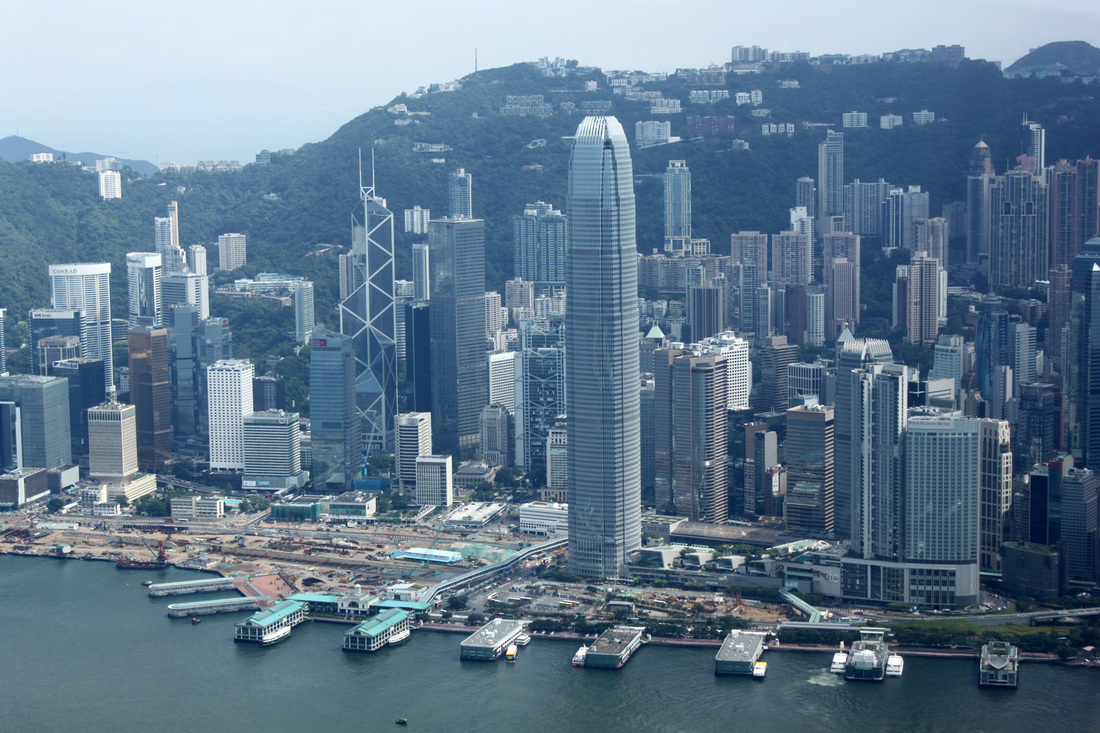
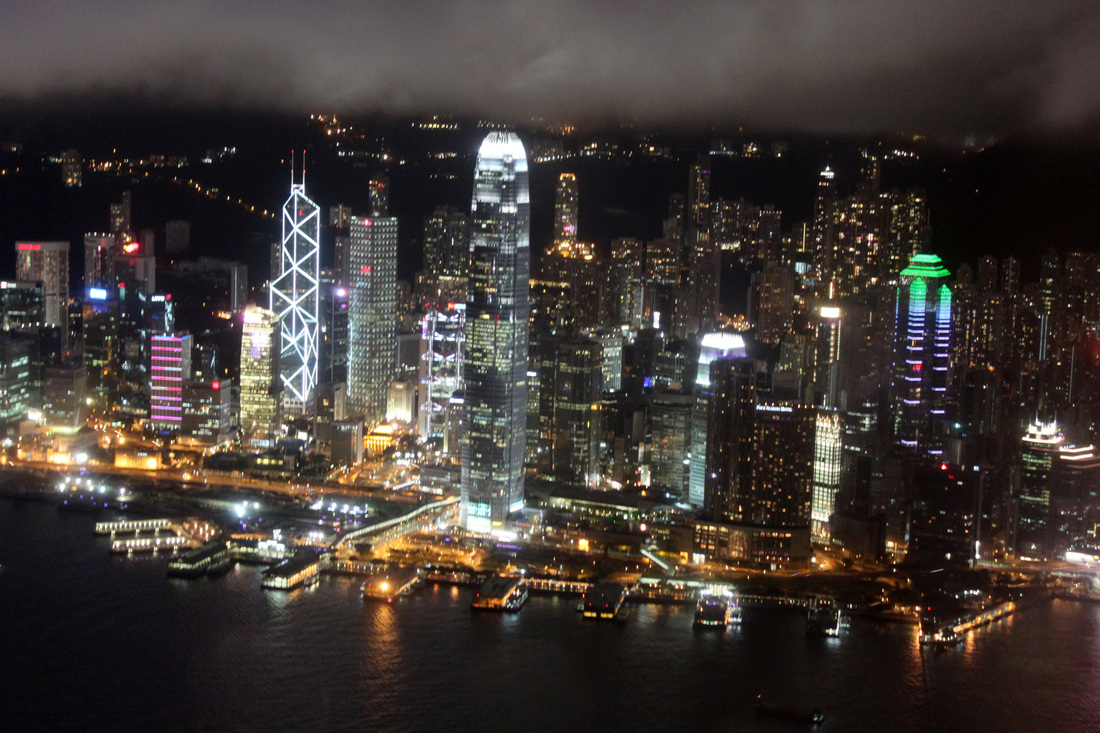
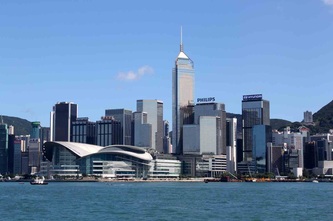
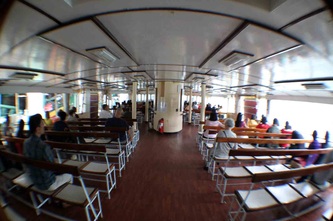
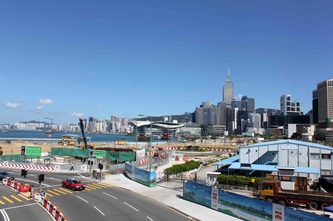
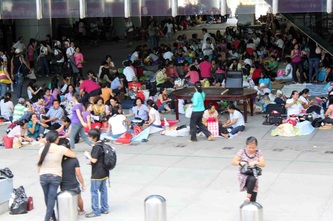
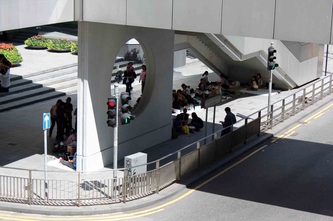
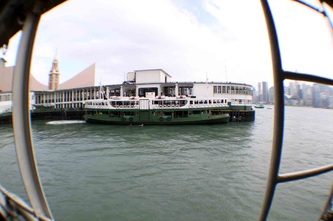
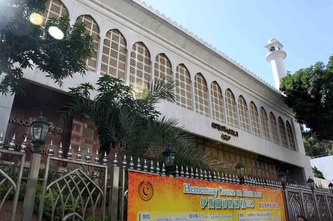

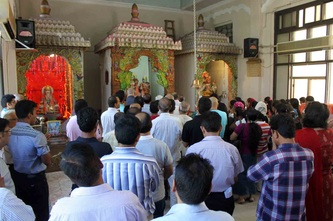
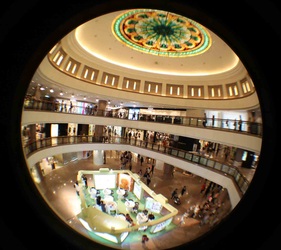
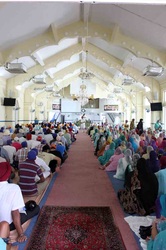
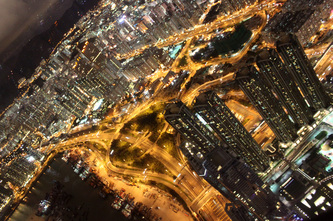
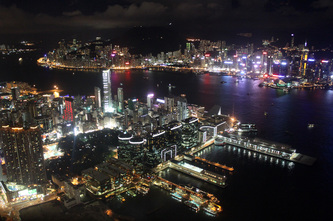
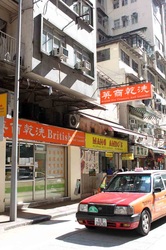
 RSS Feed
RSS Feed
